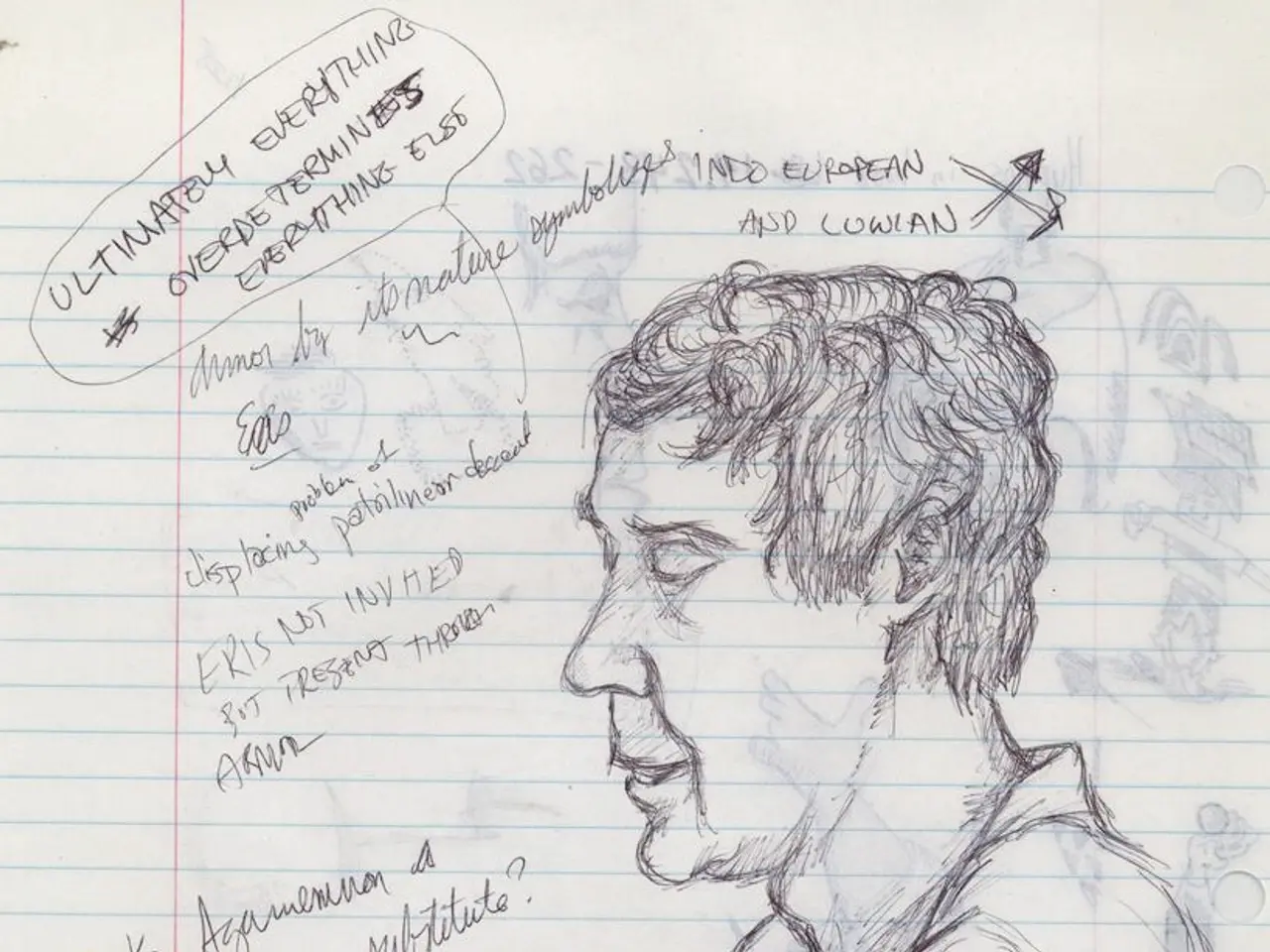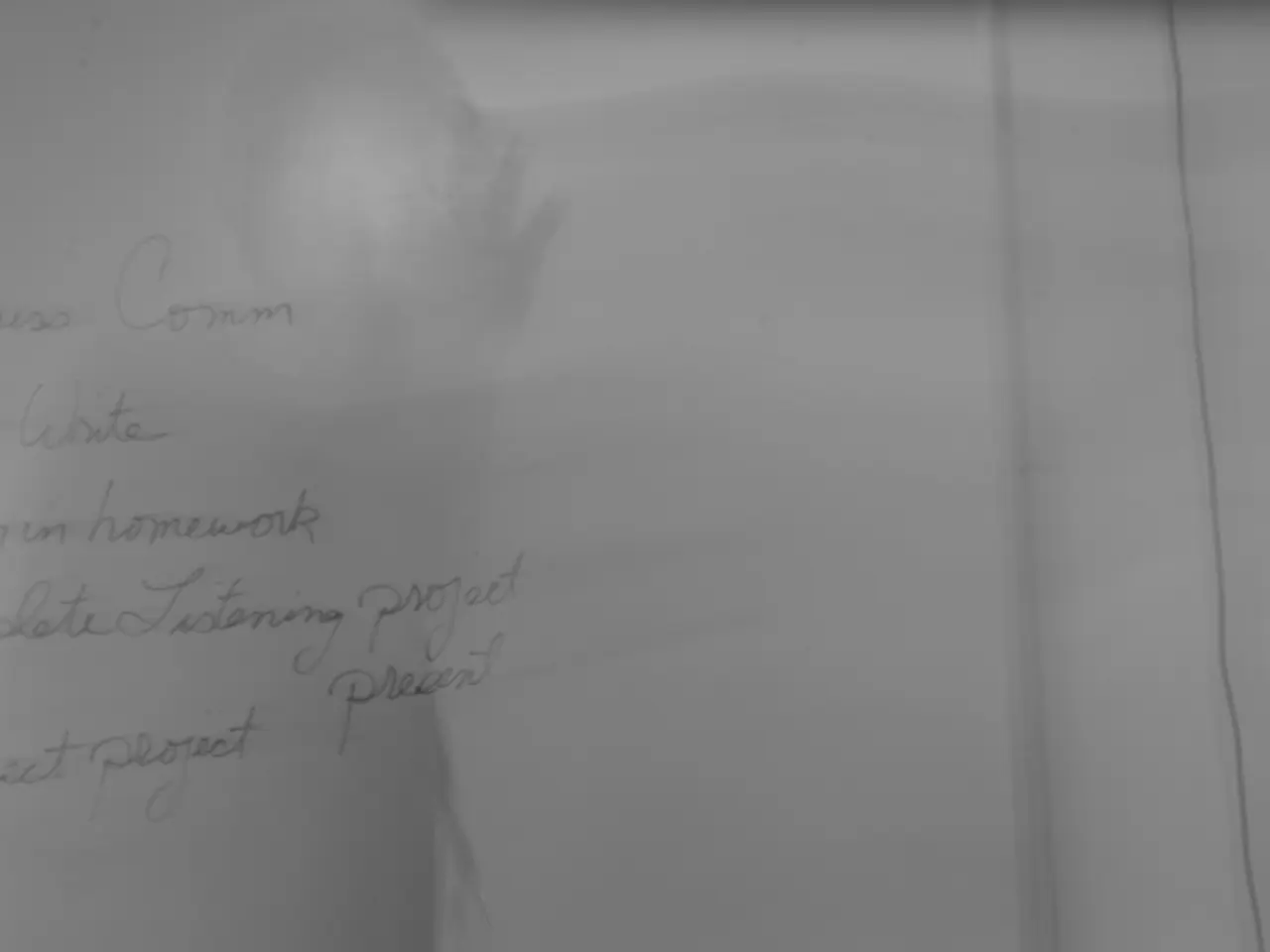Constitutional Defeat Expressed
In the political landscape of Brandenburg, a debate is brewing over the appointment of a new judge to the state's constitutional court. The current laypeople on the court, Andreas Dresen and Juli Zeh, are stepping down, and the process to fill their positions has been described as contentious.
The parliamentary president, Ulrike Liedtke (SPD), has proposed federal administrative court judge Andreas Koch as a candidate for Dresen's successor. However, the oppositional Free Voters party countered with the nomination of former Eberswalde labor court judge André von Ossowski.
The Brandenburg state constitutional court's appointment process has been a subject of criticism, with some calling it a farce. This controversy stems from the role of laypeople in the court, a topic that raises questions about qualifications, political influence, and adherence to the spirit of the constitution.
In Germany, constitutional courts play a vital role in ensuring that laws and government actions comply with the constitution. These courts are typically staffed by professional judges due to the highly specialized nature of constitutional law. However, Brandenburg's constitution allows for the involvement of laypeople, aiming to bring insights beyond legal expertise into the judiciary.
The potential concerns in the Brandenburg case include the candidates' qualifications and expertise, the perceived political influence in the appointments, and the impact on the court's independence and the integrity of the legal process. If laypeople were to take on significant roles, doubts about the quality of decisions made by the court could arise.
The nomination of André von Ossowski by the Free Voters was politically strategic, as he successfully resisted a transfer as part of the labor court reform. On the other hand, the nomination of Andreas Koch by the SPD, CDU, and Greens is supported due to his legal background and experience in the federal administrative court.
Juli Zeh, a renowned writer, was appointed as a constitutional judge despite not being a practicing lawyer. This appointment was aimed at ensuring the plausibility and comprehensibility of decisions, allowing complex legal matters to be reviewable by non-lawyers.
The controversy deepened when Brandenburg's justice minister, Susanne Hoffmann (CDU), enforced the transfer of a judge, disregarding the judicial law she helped draft, leading to a constitutional breach. This action has been highlighted by the oppositional Free Voters in their candidate's nomination.
The Brandenburg state constitutional court consists of nine members, one-third of whom are professional judges, members eligible for the judiciary or graduates in law, and members who do not need to meet these requirements. The court's aim is to involve societal forces in the judiciary, bringing insights beyond legal expertise.
As the debate continues, the focus remains on finding a suitable candidate who can uphold the integrity of the legal process while bringing a fresh perspective to the Brandenburg state constitutional court. The outcome of this controversy could set a precedent for future judicial appointments in the state.
Policy-and-legislation discussions are intensifying in Brandenburg, as the controversial appointment process for new judges on the state's constitutional court unfolds. In this context, the nomination of Andreas Koch by the SPD, CDU, and Greens, a federal administrative court judge, and the counter-nomination by the Free Voters of André von Ossowski, a former labor court judge, are stirring heated debates. General-news outlets are focusing on aspects such as the candidates' qualifications, potential political influence, and the impact on the court's independence, all while questioning the integrity of the legal process.





